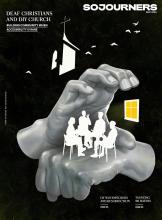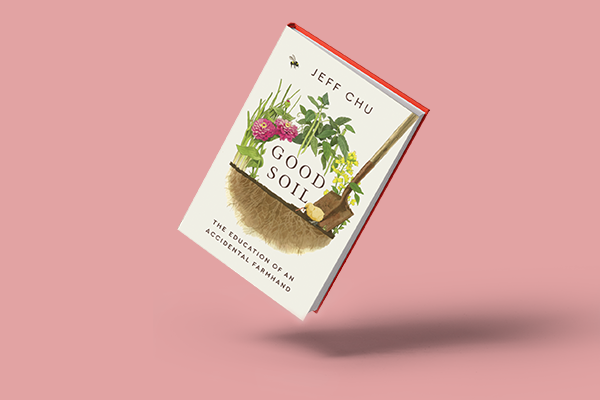WHEN JEFF CHU left his New York City magazine job to enter seminary, he didn’t expect one of his academic assignments to be dismembering a chicken. But at Princeton Theological Seminary’s “Farminary” (read: part farm, part seminary), learning takes place in nontraditional ways.
In his new memoir, Good Soil, Chu writes about raising chickens, rejuvenating soil, and searching for meaning. His storytelling brings to life the 21-acre farm where Chu and his classmates try to learn what it takes to follow the example of Jesus, once mistaken for a gardener himself (John 20:15).
Chu’s award-winning journalistic prose translates seamlessly to memoir as he shares his experience as a mid-life seminarian. He captures detail in a way that invites readers to practically smell the radishes rotting in the compost bin and easily imagine the playful cast of seminarian farmhands Chu learns beside.
In the early days of Farminary classes, the professors challenge the students to “expect love to grow” alongside the fruits and vegetables. Chu feels skeptical. “I have good friends. I don’t need new friends,” he writes. It is a joy to see Chu’s disillusionment transform into relationship and his skepticism blossom into wonder.
Read the Full Article

